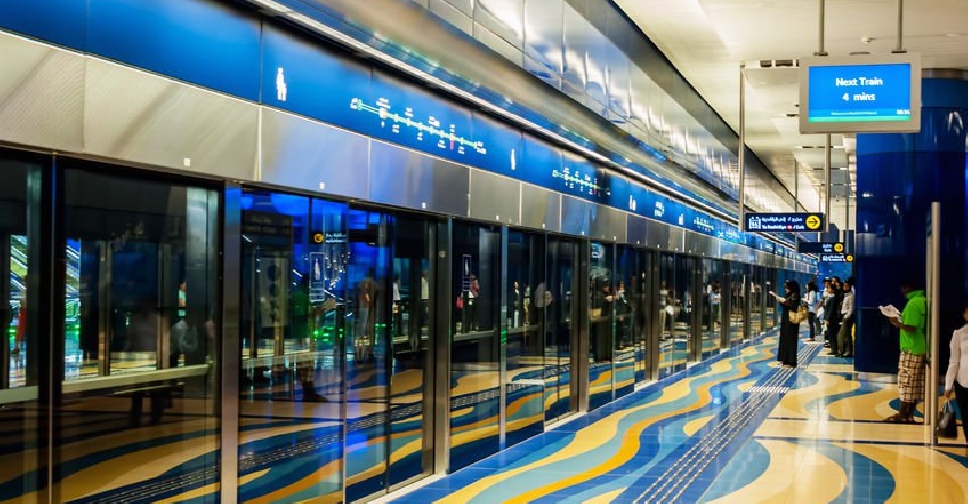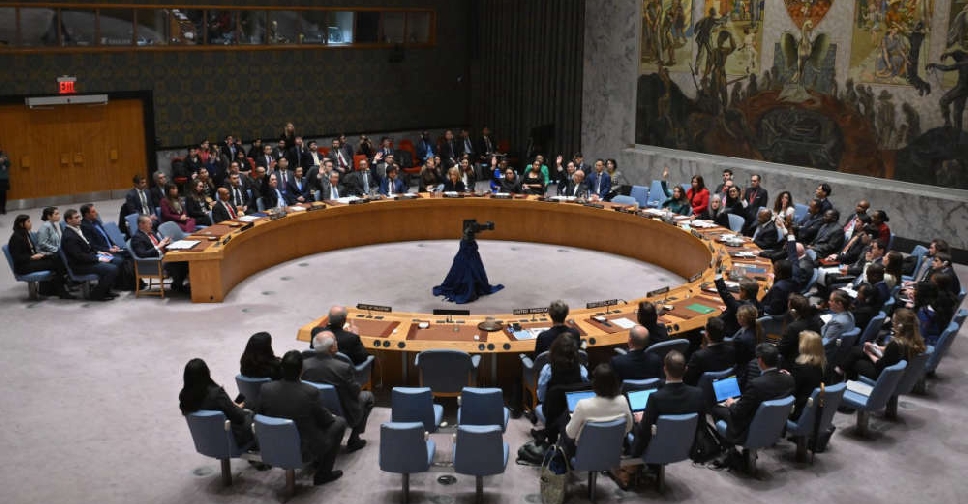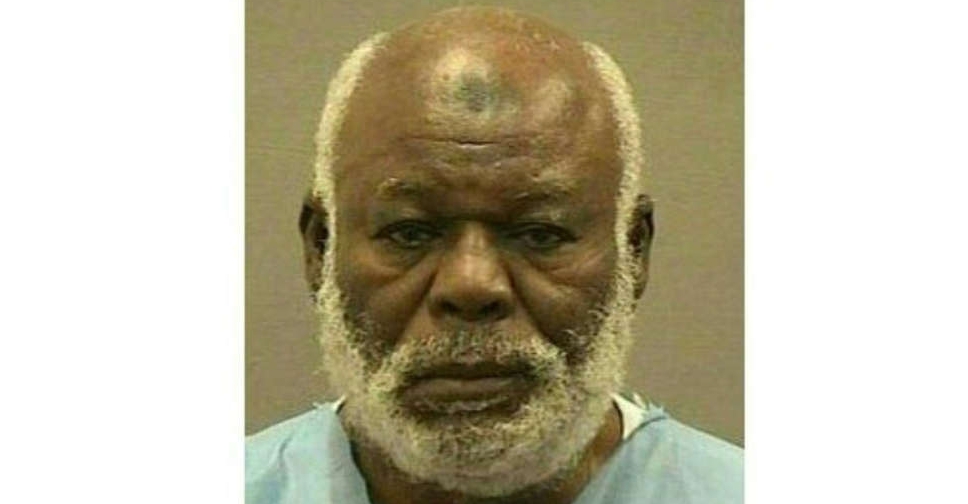
A Libyan intelligence operative suspected of making the bomb that blew up Pan Am flight 103 over Lockerbie, Scotland, in 1988, killing 270 people, appeared in a federal court in Washington on Monday, ahead of being formally charged.
Abu Agila Mohammad Mas'ud Kheir Al-Marimi appeared in a U.S. courtroom nearly 34 years after a bomb on board the Boeing 747, which was flying from London to New York City, killed all 259 people on board and 11 on the ground.
Clad in a green jumpsuit, the 71-year-old Mas'ud appeared to walk with a limp and complained of flu symptoms as he clutched a tissue.
"I cannot talk before I see my attorney," Mas'ud told U.S. Magistrate Judge Robin Meriweather, speaking through an interpreter.
Mas'ud, who the U.S. Justice Department said is of Tunisia and Libya, allegedly confessed his crimes to a Libyan law enforcement official back in September 2012. He appeared in court just days after being captured in Libya.
Mas'ud is one of three people whom U.S. and British law enforcement officials have alleged were involved with the bombing.
The Justice Department is seeking to detain him pending trial, and a detention hearing will be held later this month after Mas'ud decides who will represent him in the case.
"Countless families have never fully recovered from his actions," prosecutor Erik Kenerson told the court.
Kenerson added that the government will not be seeking the death penalty because it was not a legally available penalty at the time the crimes were committed, so the maximum sentence available will be life in prison.
In 1991, two other Libyan intelligence operatives, Abdel Baset Ali al-Megrahi and Lamen Khalifa Fhimah, were charged in the bombing.
At a Scottish trial before a court at Camp Zeist in The Netherlands, Megrahi was found guilty of the bombing in 2001 and was jailed for life. He was later released because he was suffering from cancer and died at his home in Tripoli in 2012.
Fhimah was acquitted of all charges, but Scottish prosecutors have maintained that Megrahi did not act alone.

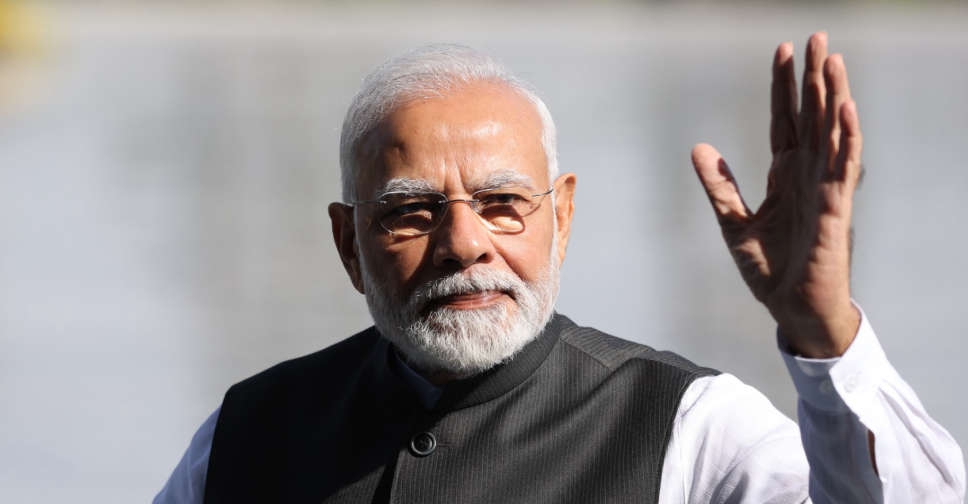 India begins voting in election as Modi seeks historic third term
India begins voting in election as Modi seeks historic third term
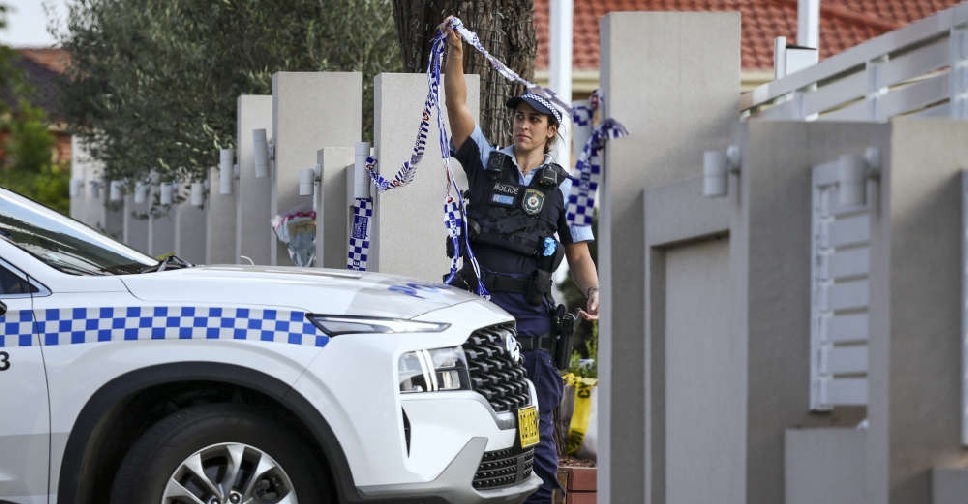 Teenager charged with terrorism over Sydney bishop stabbing
Teenager charged with terrorism over Sydney bishop stabbing
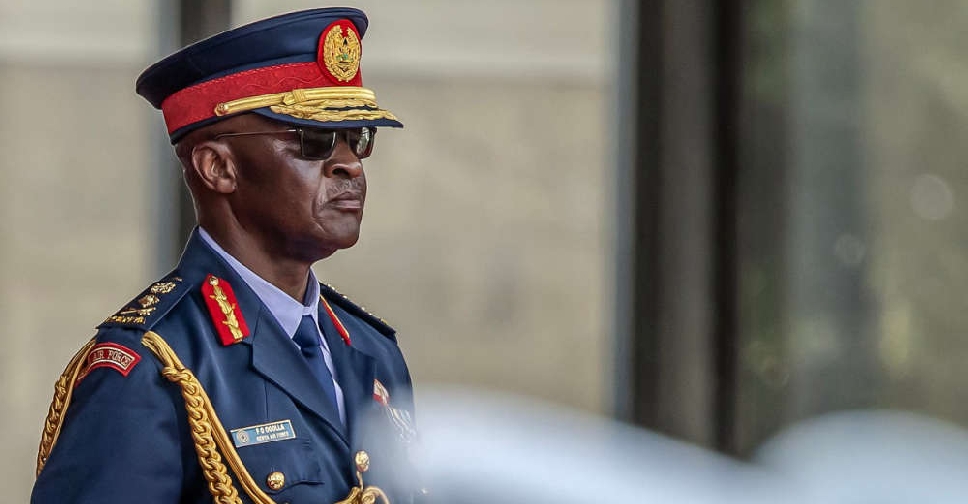 Kenya's military chief among 10 killed in helicopter crash
Kenya's military chief among 10 killed in helicopter crash
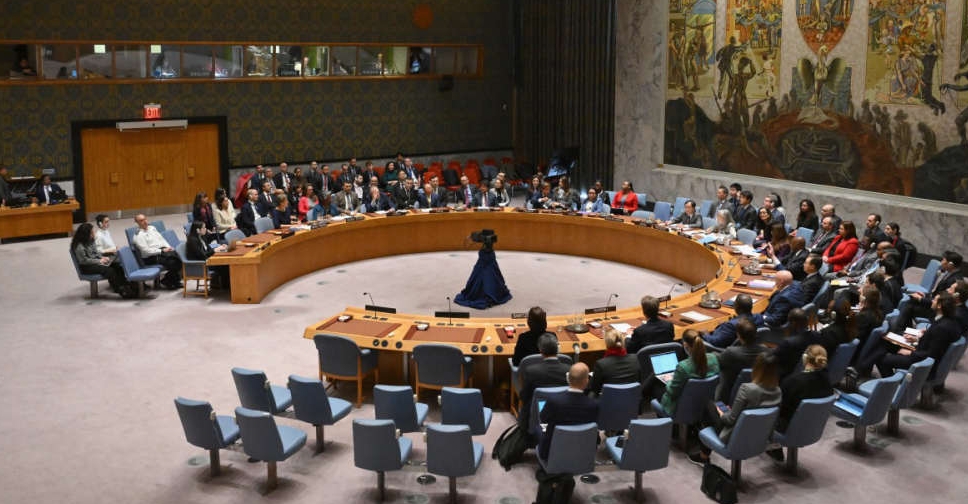 Security Council to vote on Palestinian UN membership
Security Council to vote on Palestinian UN membership
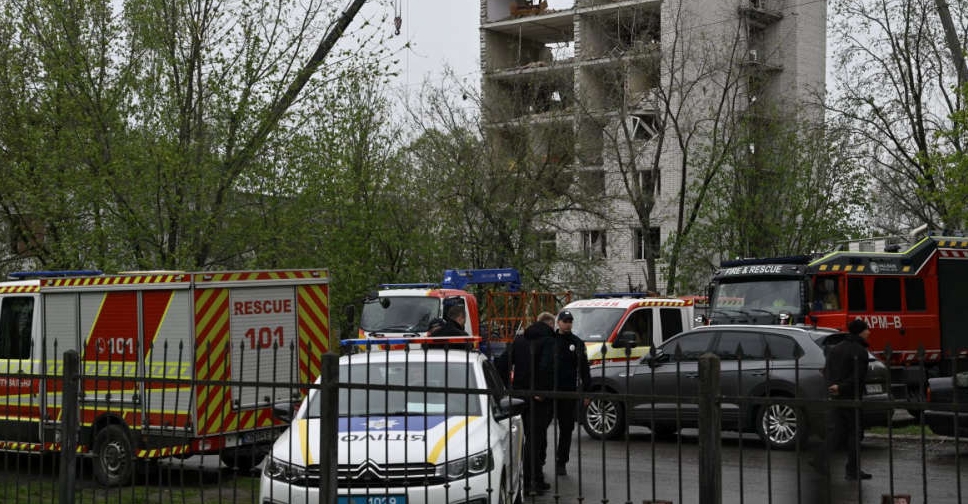 Toll from Russia's deadliest airstrike on Ukraine in weeks rises to 18
Toll from Russia's deadliest airstrike on Ukraine in weeks rises to 18

